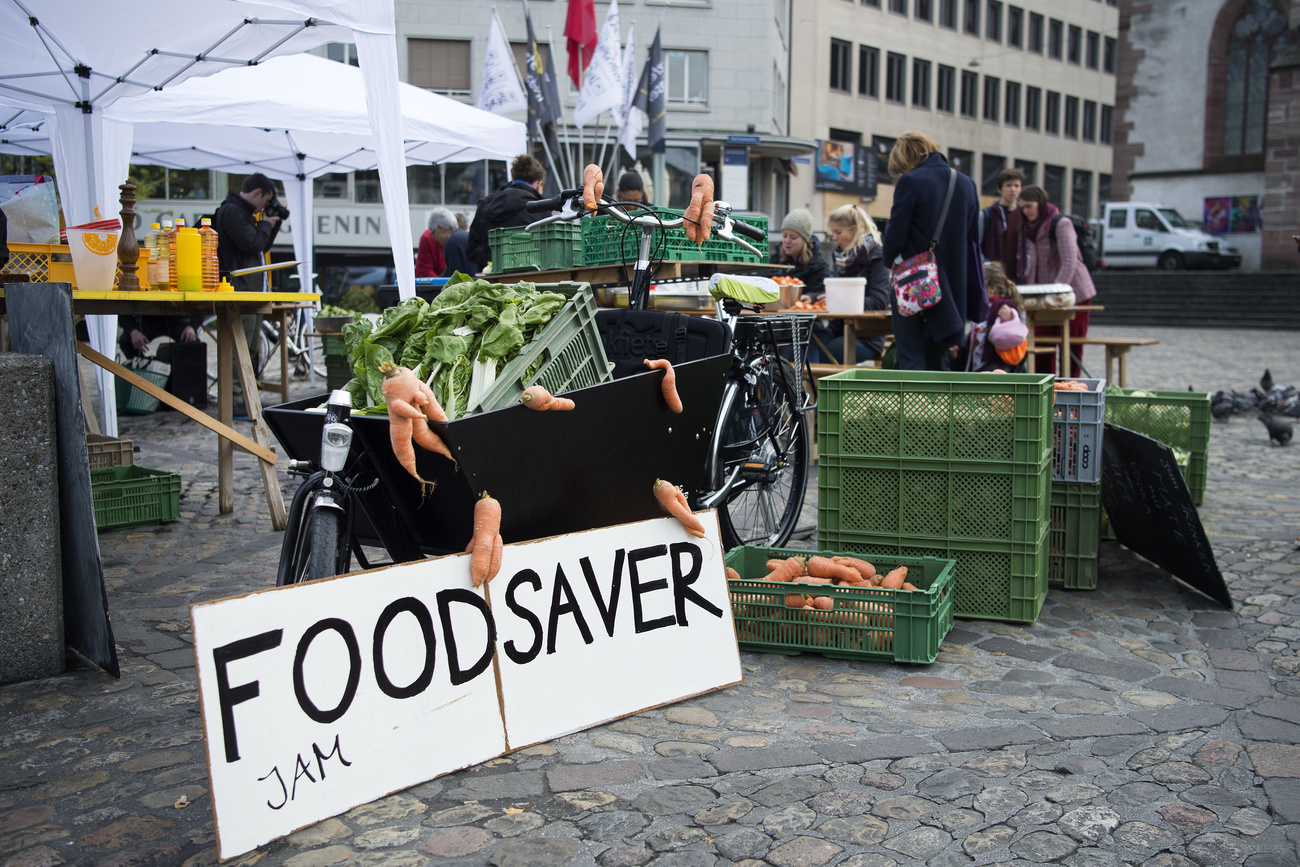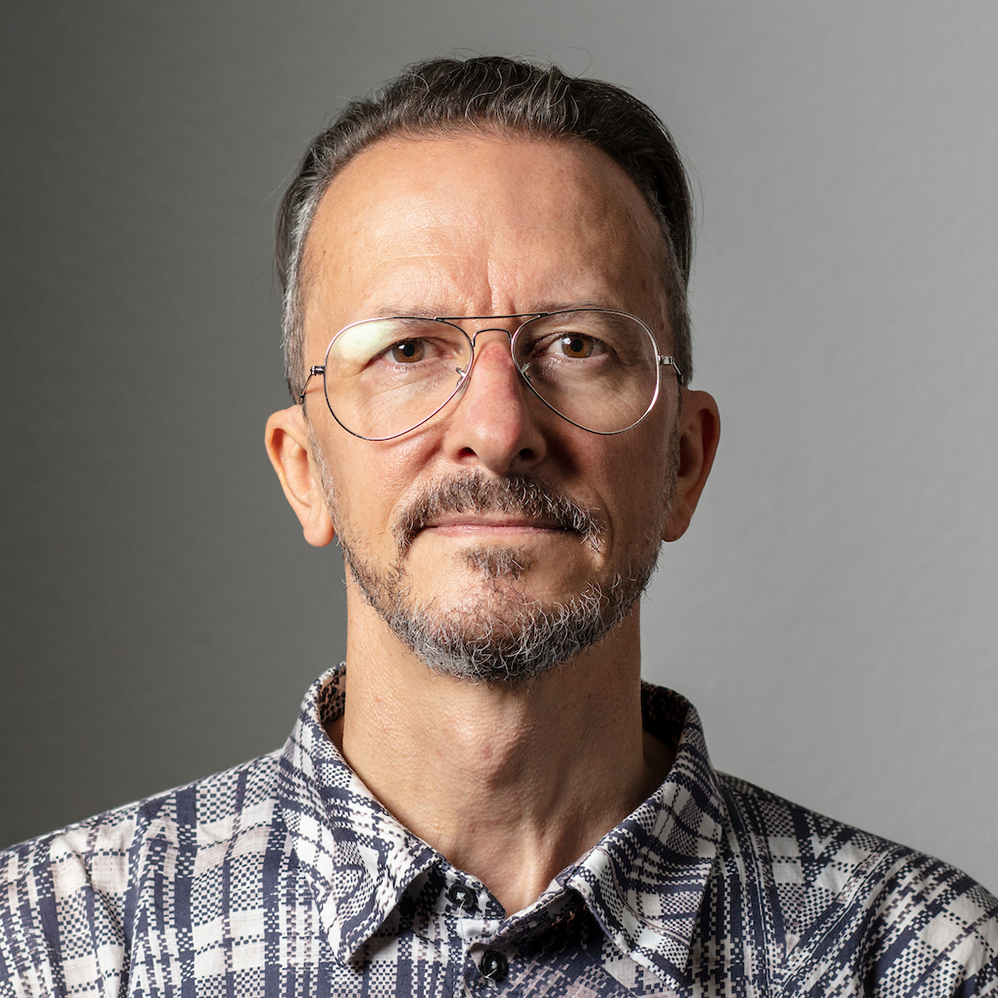
Swiss adopt nationwide food waste reduction plan

The government has launched a plan to halve food waste in Switzerland by 2030 compared with 2017.
The restaurant sector, the food processing industry and farmers organisations have been asked to agree on a series of voluntary measures to reduce the amount of discarded food, according to the environment ministry.
The plan, announced by the ministryExternal link on Wednesday, includes extending the shelf life of products, improving packaging as well as better planning of cultivation and increasing food donations to welfare organisations.
The government is due to re-evaluate the plan in 2025 to see whether additional measures are needed to reach the reduction goal by 2030.
Nearly a third of the food produced for consumers is wasted or thrown away unnecessarily, according to the ministry statement. This is the equivalent of about 330kg of waste per capita per year.
Food waste pollutes the environment and also leads to economic consequences, the statement adds.
The government said existing programmes have only had limited impact.
More

In compliance with the JTI standards
More: SWI swissinfo.ch certified by the Journalism Trust Initiative




























You can find an overview of ongoing debates with our journalists here . Please join us!
If you want to start a conversation about a topic raised in this article or want to report factual errors, email us at english@swissinfo.ch.